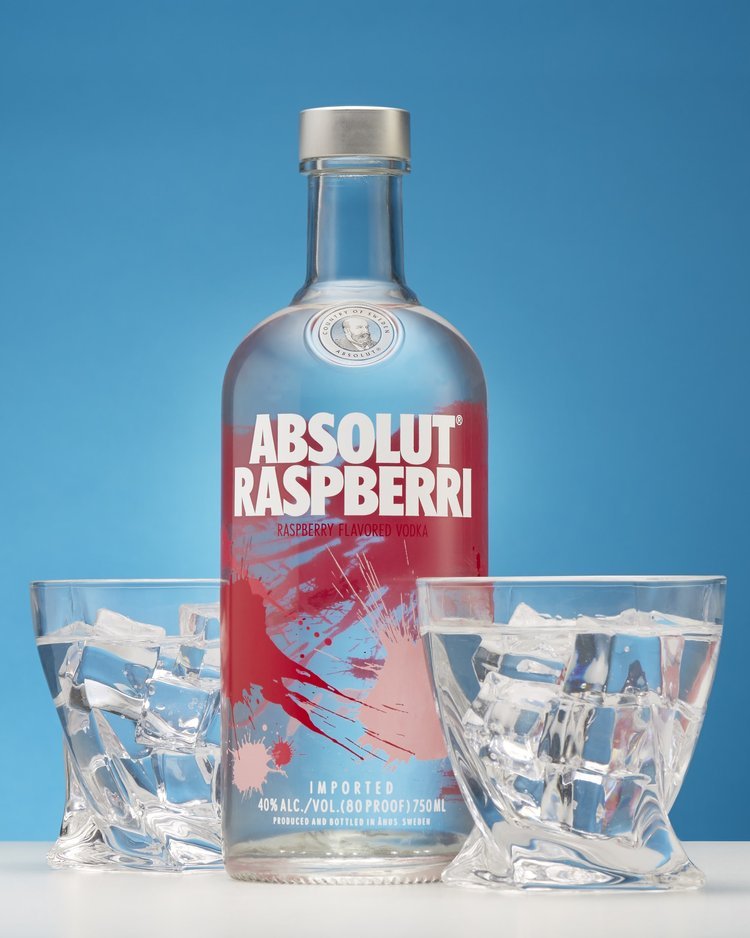
Underage Drinking
Underage drinking is a serious public health problem in the United States.
The consequences of underage drinking can affect everyone — regardless of age or drinking status.
Either directly or indirectly, we all feel the effects of the aggressive behavior, property damage, injuries, violence and deaths that can result from underage drinking. This is not simply a problem for some families — it is a nationwide concern.
Our State is inundated with alcohol marketing. Have you noticed the number of billboards with beer ads, or during a professional sporting event on tv the number of beer and alcohol ads? When driving through other States pay attention to their billboard ads. Do you notice a difference? Have you seen the ads your kids see on the internet (YouTube, game sights, TikTok, etc.)? All these marketing strategies normalizes drinking beer or alcohol sending the message to youth that to have a good time, they need to drink, that it’s normal. Is this what you want your child to know about drinking alcohol?
Youth who drink alcohol could experience the following:
School problems, such as higher rates of absences or lower grades
Social problems, such as fighting or lack of participation in youth activities
Legal problems, such as arrest for driving while under the influence or physically hurting someone while drunk
Physical problems, such as hangovers or illnesses
Unwanted, unplanned and unprotected sexual activity
Disruption of normal growth or sexual development
Physical and sexual violence
Increased risk of suicide and homicide
Alcohol-related motor vehicle crashes and other unintentional injuries, such as burns, falls or drowning
Memory problems
Misuse of other substances
Changes in brain development that may have life-long effects
Alcohol poisoning
5 reasons teens start using alcohol and drugs:
Peer Pressure
Self-Medication & Escape
Performance Improvement
Experimentation
To Feel Grown Up
What can parents do?
Start talking when your children are young (8 years old) about alcohol, it’s effects, consequences and what your expectations are. As they get older set consequences that they are aware of if they make the choice to drink or use illegal substances.
When it comes to peer pressure as parents be vigilant on their social media platforms, share with them how you would handle a situation in which peer pressure might happen, give them an out such as “Tell your friends that I’m not drinking”.
Self-medicating signs can include staying away from family, friends, social events and other activities; a sudden change in hobbies or who one spends time with; neglecting physical care; having difficulties in work, school or other areas; and sudden anger.
Signs of using performance enhancing drugs are severe acne; rapid muscle/weight gain; enlarged breasts (men); paranoia; hyperactivity; and facial hair growth (women).
Realize that youth can start experimenting as young as 12 years old. There are two key time periods in a child’s life where this also takes place between 7th-8th grade and 9th-10th grade.
Be aware of the example you might be setting for your children when it comes to drinking alcohol. For youth to feel grown up are they choosing to drink like other adults they know?
Talk with your children about the possible impact of drinking alcohol could have on their developing brains, which aren’t fully developed until 25 years old. Also, share with them what impact drinking alcohol could have on their future.
Educational resources
SAMHSA: Substance Abuse and Mental Health Services Administration
See a complete list of resources under our “Key Resources” page.




